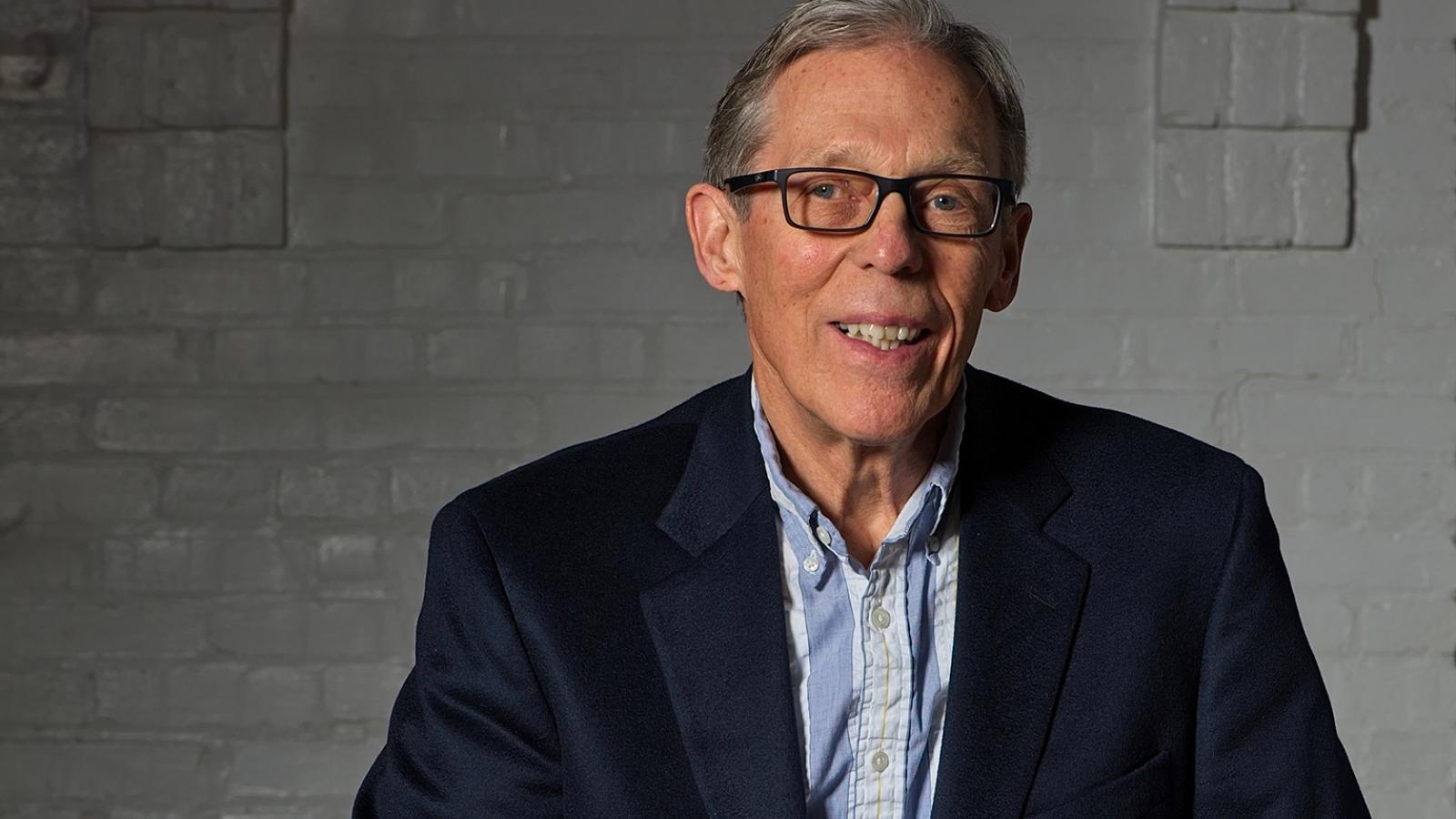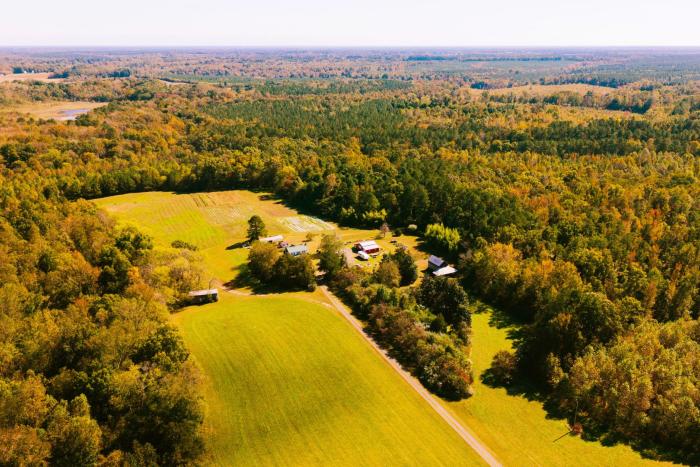
Foundation Trustee Shares Expertise on COVID-19 Developments
Richard Wenzel, M.D., M.Sc., joined the MCV Foundation Board of Trustees in 1999. He is one of the leading infectious disease epidemiologists in the world. He is emeritus chair and professor of the Department of Internal Medicine at VCU School of Medicine and former president of the MCV Physicians medical practice. Dr. Wenzel is the founding editor of two journals: Infection Control & Hospital Epidemiology and Clinical Performance and Quality Health Care. Having served on the editorial board of the New England Journal of Medicine from 1992 to 2000, he has been the journal’s editor-at-large since 2001.
As a leading infectious disease expert, Dr. Wenzel has been quoted in national news outlets including The New York Times, NPR and CBS News. During the COVID-19 pandemic, he has participated in more than a dozen regional, national and international webinars about implications and safety measures related to the virus.
Dr. Wenzel also is an author of fiction, having used his expertise to craft narratives in “Dreams of Troy” and “Labyrinth of Terror.”
Based on what is known about past pandemics and how technology has evolved, did you or the medical community expect a pandemic like COVID-19 could happen?
I was not surprised with the arrival of the new pandemic. Looking back 40 years, I note the emergence of HIV in the 1980s, SARS in 2002-2003, H1N1 influenza in 2009-2010, MERS in 2012, and now SARS-CoV-2 causing COVID-19. All of these are zoonoses, having leaped from animals to people, causing pandemics. We are witnesses to the ineluctable march of pandemics at roughly 10-year intervals. These are all predictable pandemics, not “Black Swans,” not the totally unpredictable events bringing dangerous consequences. Instead, the only uncertainty about pandemics is exactly when they’ll appear and how severe. We should no longer be surprised.
What is the historical significance, in terms of medicine and public health, of what we’ve been through this year?
This is an unprecedented pandemic in terms of its medical, social and economic impact, contagiousness, and uncertainty. The last one of this prominence was the influenza pandemic of 1918-1919, 100 years ago. Every child and young adult who looks back to this period in the next 100 years will recall living through COVID-19, what each saw and did that year, the stories their parents recited, and how it disrupted their lives. As an optimist, I think we will have more therapies and an effective vaccine in the next year.
Have any lessons been learned in case another pandemic threatens us in our lifetime?
The memory of past pandemics fades quickly after the infection subsides. We seem to view each one as a unique thunderbolt falling unexpectedly from the sky, and we’re forced to relearn the same lessons each time. Instead, what we should do between pandemics is build robust preparedness and assume the next one will be worse than the present one.
The lessons are clear: we need robust surge capacity, a national pandemic response team with periodic simulations to rehearse our responses to a pandemic, a designated leader and the recognition that we are a part of a global world. We need a national plan and a designated national spokesperson with an appreciation for science to lead a team with skills for explaining the policies needed for control.
We need to reinstate the PREDICT program to examine and catalog newly emerging viruses in Asia and Africa that might cross species and jump to people. We should keep a log of what worked and what failed in our earlier pandemic responses and in our response to the economic challenges.
Why are donations to an organization like the MCV Foundation, which supports patient care, research and education, important to battling pandemics?
Donations allow talented scientists and public health investigators to ask critically important questions affecting health in individuals and populations, explore their ideas and publish their findings. These donations are the life-blood of progress to an increasing quality of existence of people around the globe. In the interim, the educational activities will bring attention to the institution and further attract leading clinicians, scientists and administrators seeking an academic community striving for excellence in all facets of medicine.
What else should people know about COVID-19?
What we’ve learned about COVID-19 is that it is highly communicable and deadly, more so than seasonal influenza. It is transmitted by respiratory droplets, and 20% of infected “super-spreaders” account for 80% of transmissions, suggesting aerosol spread, not just large droplet transmission. The vast proportion of transmissions occur indoors, not outside. Masks, social distancing and contact tracing with quarantine of contacts work to limit transmission. With cases of infection and deaths rising internationally, and with currently rising rates in half of the states in our country, some at record levels, we need to fight our instincts to drop our guard and to resume public openings too soon and too casually.
What’s important to know about vaccines right now?
In the U.S. we have two highly effective and safe vaccines that are comparable (Pfizer and Moderna), available on Emergency Use Authorization. Three more vaccines may be accessible later in the year (Johnson& Johnson, AstraZeneca/Oxford, and Novavax ). For your health and the welfare of your community, please accept whatever vaccine becomes available to you - as soon as possible.
How do you think the variants discovered in the United Kingdom and South Africa might effect our recovery from the pandemic?
The U.K. variant is 30%- 70% more communicable than the currently circulating Covid-19 virus, so it is projected to be the dominant strain in the U.S. by mid to late March. It may also be more harmful than the current strain. The good news is that the two available vaccines are effective in preventing symptomatic infection from the U.K. variant.
Of more concern are the variants from Brazil and South Africa. These strains transmit quickly and are not so well covered by the two vaccines available in the U.S. However, the vaccines from Pfizer and Moderna do prevent severe Covid-19 infection from both variants. If either one replaces the U.K. variant, however, we may see people who have been previously infected fall victim to a second Covid infection from the Brazil or South African strain. The antibodies to the current strain will not completely protect against the two new variants .
By the end of this year, it is likely that we will have new Covid-19 vaccines available , effective against the two latest variants. Furthermore, in the next few years it is possible that along with our annual influenza vaccine, we’ll be offered the annual Covid-19 variant vaccine.
What is most important for people to be doing right now to stay safe?
For your safety and the well-being of your community, be sure to get any available vaccine as soon as possible. Until we have herd immunity and control the virus, continue to wear a mask in public, adhere to social distancing, and avoid indoor super-spreader events: parties, weddings, bars and others.
Any words of encouragement for the rest of us?
Albert Camus, author of “The Plague” said, “Sometimes, carrying on, just carrying on, is the superhuman achievement.” By the end of summer we will have controlled the pandemic with the U.K. strain. Hopefully, it will not be replaced by a Brazil or South African variant. Schools and colleges will be open to in-person teaching. Many restaurants and entertainment venues will begin to open more widely, though you may be asked to show proof of vaccination or non-infection, and there will be less queueing: food, drink and time desired will be options on an cell phone apps for both entertaining and dining.


